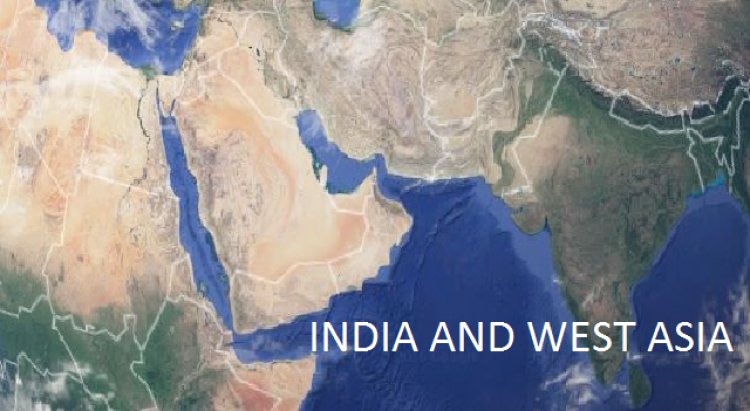West Asia Conflict: India’s Options
STORIES, ANALYSES, EXPERT VIEWS

Despite its profession of wanting to prevent escalation, the US has been reluctantly forced into becoming a participant in the escalation process by having to launch attacks against the Houthis in Yemen and targets in Syria and Iraq in retaliation for missile attacks against its bases and forces located in the region. It is difficult to see what another round of high-level visits by US Secretary of State, Antony Blinked to the region’s capitals may achieve.
The US, writes Shyam Saran (Former Foreign Secretary and Honorary Fellow, CPR) “in being seen as complicit with Israel’s barbaric assault against innocent men, women and children in the Gaza strip and now extending to the West Bank, may be losing its international credibility and claim to high moral credentials.”
US strategy for the region is perhaps not working
Before October 7, 2023, the day of the horrific terror attack by Hamas against Israeli settlements, “the US strategy for the region appeared to be working. It could dispense with active engagement in the region so as to focus on the Indo-Pacific as the main theatre of contention with its peer rival, China. The Ukraine war, which erupted in February 2022, already took away some of that focus, which made it all the more necessary to create and sustain a coalition of regional partners which could manage and uphold regional security in West Asia. The US would retain its forward deployments in the region, but only as contingent support. The promotion of formal relations between Israel and key nations in the Gulf was one component of this strategy. The other was putting into place the I2U2 grouping, comprising India, Israel, the UAE and the US. The Abraham Accords formalised relations between Israel and the UAE, Bahrain, Morocco and Sudan. It was anticipated that the most important of the Gulf countries, Saudi Arabia, would follow suit. It is on this expectation that the G20 Summit in New Delhi last year saw the conclusion of an agreement to establish an India-Middle East-Europe Economic Corridor, which would have included the UAE and Saudi Arabia as well as Israel, whose Haifa port would have been the terminal point. Saudi Arabia’s tacit acceptance of Israel’s participation in this project shows that the expectation of an imminent Saudi-Israel normalisation of relations was well-founded. What the Hamas attack and its aftermath have done is to bring the Palestinian issue right to the centre of West Asian politics. The US game plan has unravelled perhaps irretrievably. The longer the Gaza war continues and escalates, the trend of mainstreaming of Israel in the regional security architecture could be stalled and then go into reverse. Regimes in the Gulf countries, for their own political survival, may no longer be able to ignore or even suppress the growing anger among their people against the brutal and inhuman treatment being meted out to the Palestinian people…..”
It is against this backdrop, argues Saran “that India should review its policy in the region. In the pre-October 7 period, it could promote its interests by parallel engagement with Israel and key Arab states. Participation in I2U2 and the economic corridor was also contingent upon the same assumption. This may no longer hold good. The same caution should also be observed in allowing the recruitment of Indian workers for service in Israel to replace Palestinian workers from Gaza and the West Bank. This may have reputational and political consequences among Arab and Gulf states, with whom India has established mutually benign and constructive relations."
















